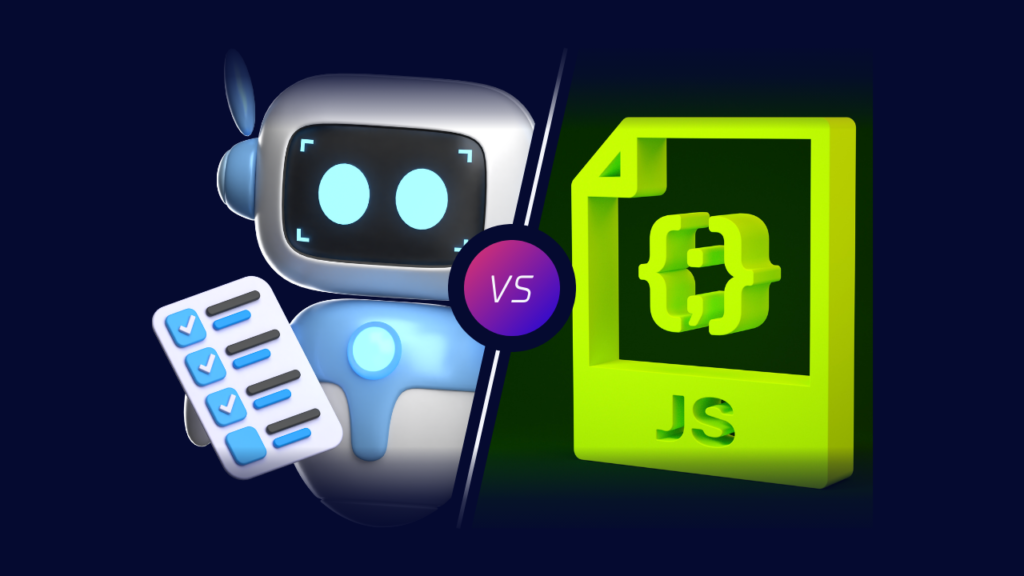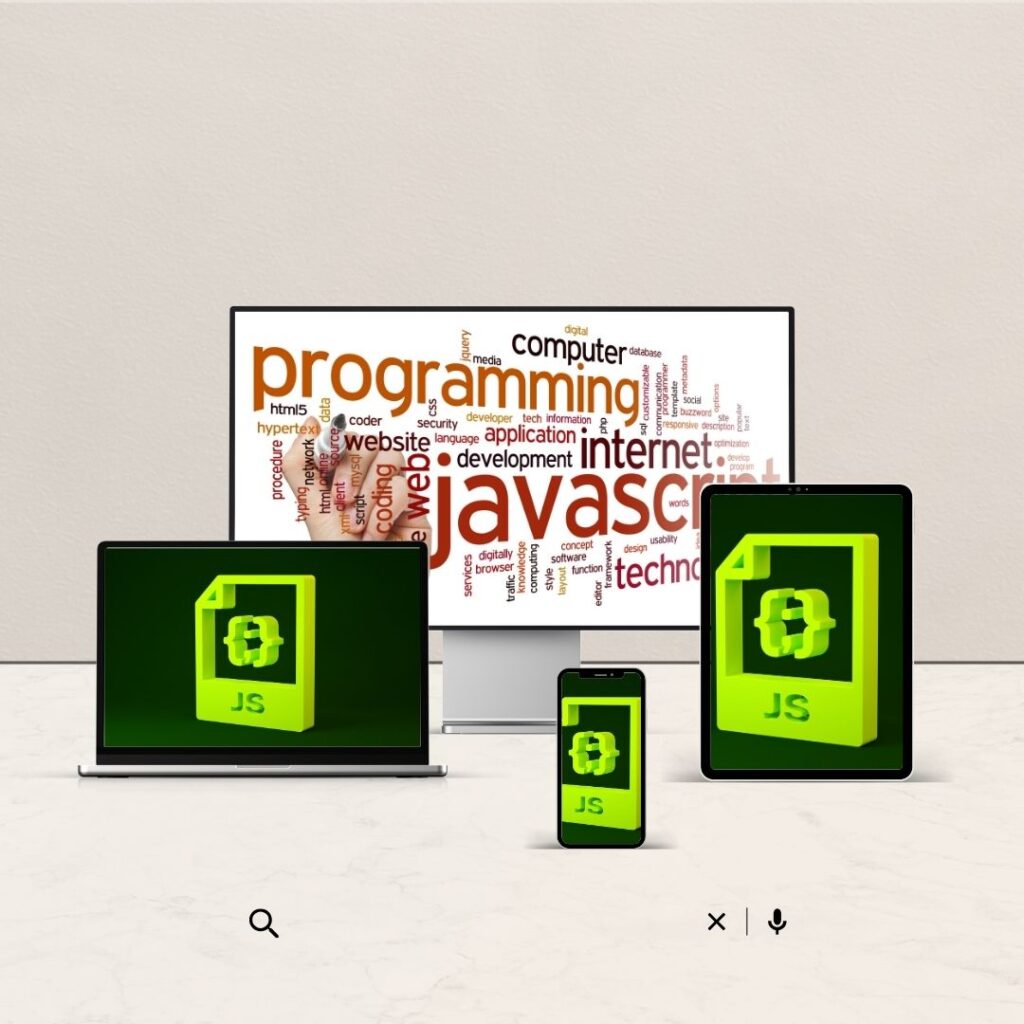
Each year, folks forecast the death of JavaScript. They claim it’s old-fashioned, too sloppy, or that something new and glitzy will usurp its place. And now in 2025, with the AI tools becoming smarter by the day, some programmers are beginning to question whether JavaScript is finally losing its crown. Here’s the reality: JavaScript remains in the lead, and it’s here to stay for a good while.
JavaScript in 2025: Why It Still Reigns Supreme
Let us begin with the self-evident. JavaScript is every where.
- It executes in your browser, on your phone, on your smart refrigerator, and even on certain backend servers.
- When you load a website, JavaScript is the one that makes buttons click, animations silky-smooth, and pages interactive.
It’s the nervous system of the contemporary web. Regardless of how sophisticated other tools become, they all inevitably rely on JavaScript to actually get things done on the front end.

AI Still Relies on JavaScript
Now enter AI. Yes, AI can write code now. It can autocomplete your functions, generate layouts, and even fix some bugs. But what language do you think most of these AI tools are trained on? JavaScript. That’s because it’s the most used and most searched programming language. Even AI tools depend on a huge amount of JavaScript examples to be smart in the first place.
A Massive Ecosystem Built on JavaScript
Another reason JavaScript still rules is the ecosystem. Think about all the frameworks and libraries people use every day: React, Vue, Next.js, Svelte. They’re built on JavaScript. You can’t run away from it. Even if you’re using a fancy new tool like Astro or SolidStart, you’re still writing JavaScript at some level. And the more tools that come out, the more they try to integrate with existing JavaScript workflows not replace them.

Career Value of JavaScript in 2025
Individuals also undervalue the extent to which JavaScript is ingrained with career opportunities. Businesses have spent decades developing products with JavaScript. They won’t be retyping everything into some new language because it’s popular. They want developers who know JavaScript inside and out, not a developer who plagiarizes code from AI software. Learning JavaScript is still one of the most reliable ways to land a job, freelance gig, or internship.
JavaScript Keeps Getting Better
Also, JavaScript isn’t the same as it was ten years ago. The language keeps evolving. Features like async/await, optional chaining, and ES modules have made it more powerful and less painful to use. With TypeScript gaining popularity, JavaScript projects now have better structure and safety. It has grown up with the industry and adapted well.
JavaScript-Savvy Devs Will Always Be Needed
And let’s be real for a second. Even if AI gets better than ever, someone still has to understand what that code is doing. Someone needs to debug it, integrate it into actual projects, and ensure that it functions as the user intends. That “someone” is generally a JavaScript-savvy developer. AI may accelerate coding, but it never replaces what it understands
So yes, AI is on the rise. It’s transforming the way we code, learn quicker, and create wiser. But that doesn’t necessarily mean JavaScript is going out of business . It’s less about JavaScript taking over and more about JavaScript becoming increasingly crucial, as it’s the underlying platform and tools AI is attempting to build upon. The better you understand JavaScript, the better you can use AI to your advantage.
Conclusion: JavaScript in 2025 Is Still the King
In short, JavaScript is still the king in 2025 because it’s universal, ubiquitous, constantly changing, and backed by the biggest community of developers in the world. Be it making a simple site, a huge app, or experimenting with AI-generated code, JavaScript is the language that holds everything together.
relate post you should read : Is AI Replacing Frontend Developers? What You Need to Know
